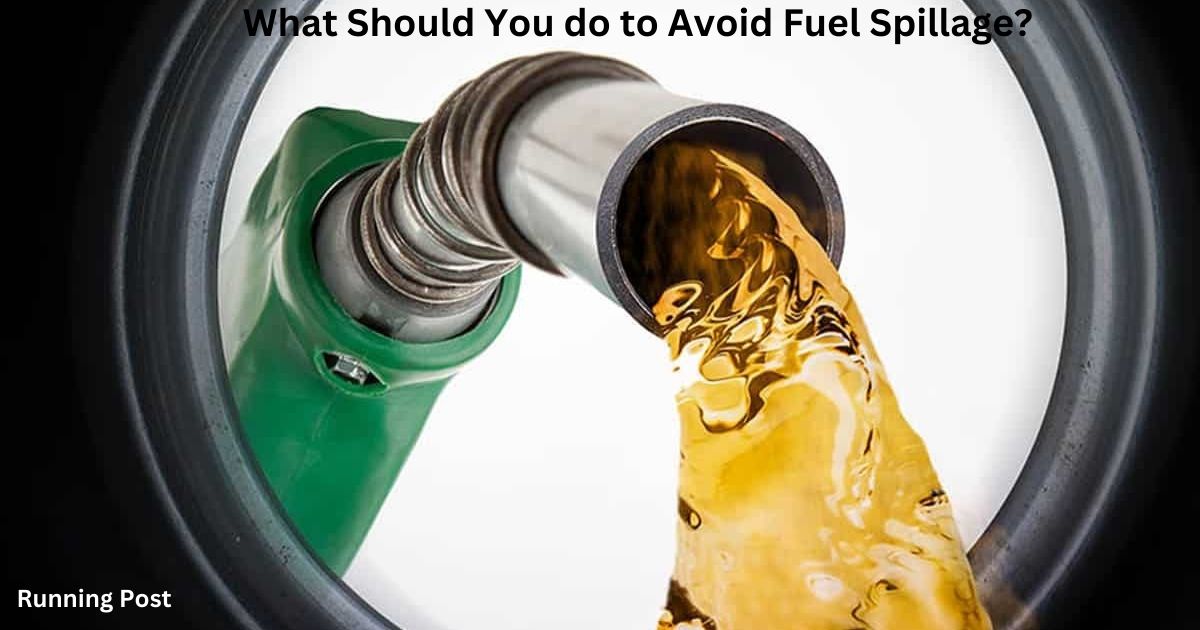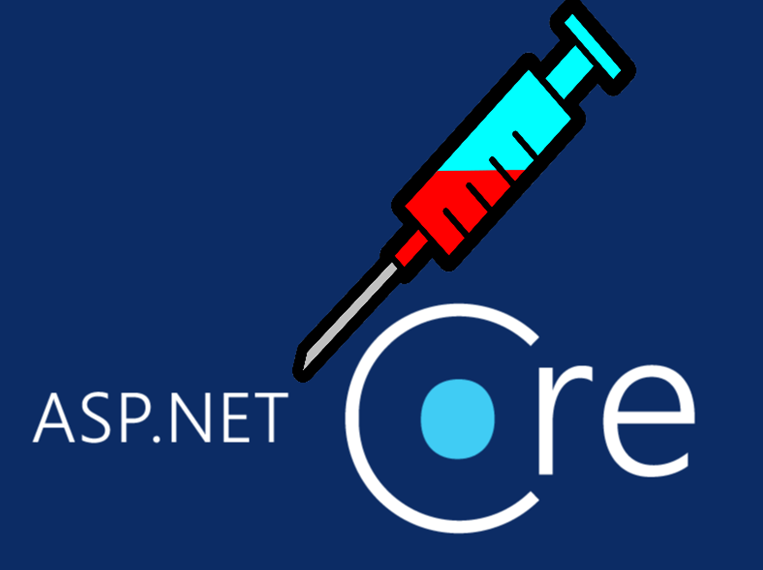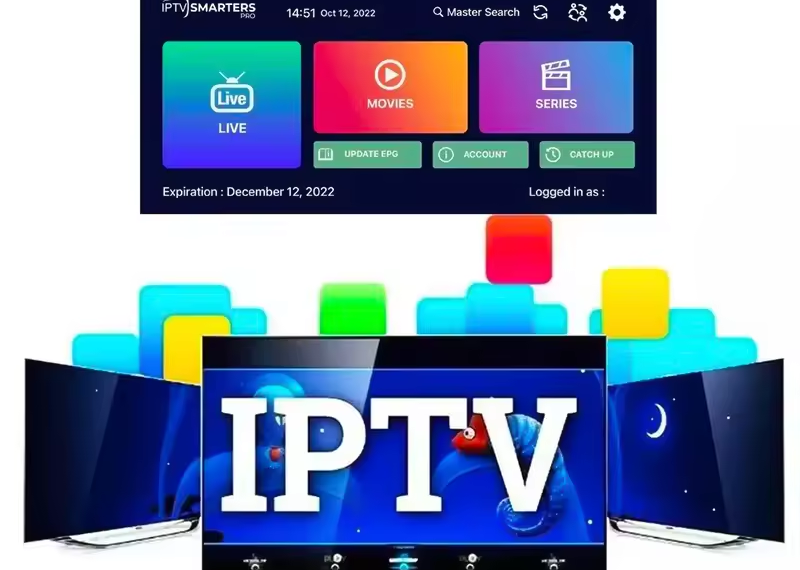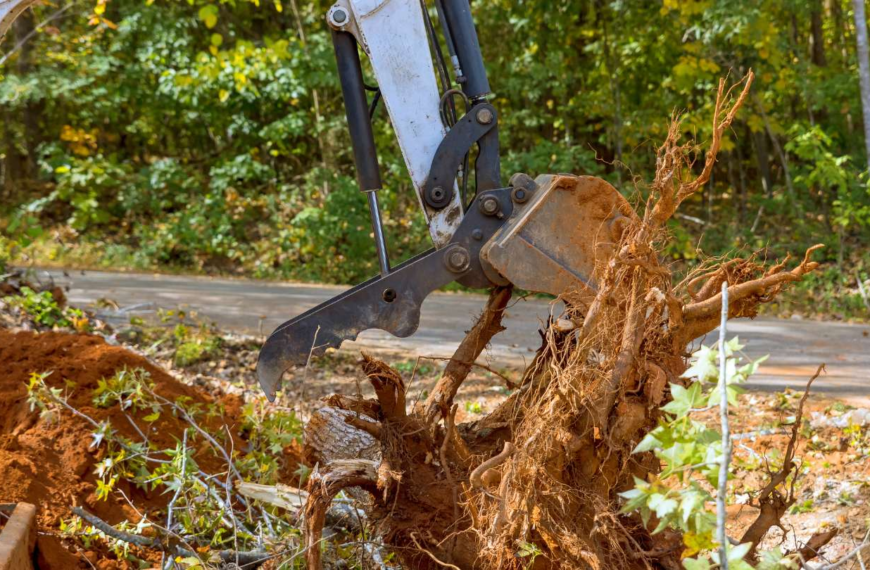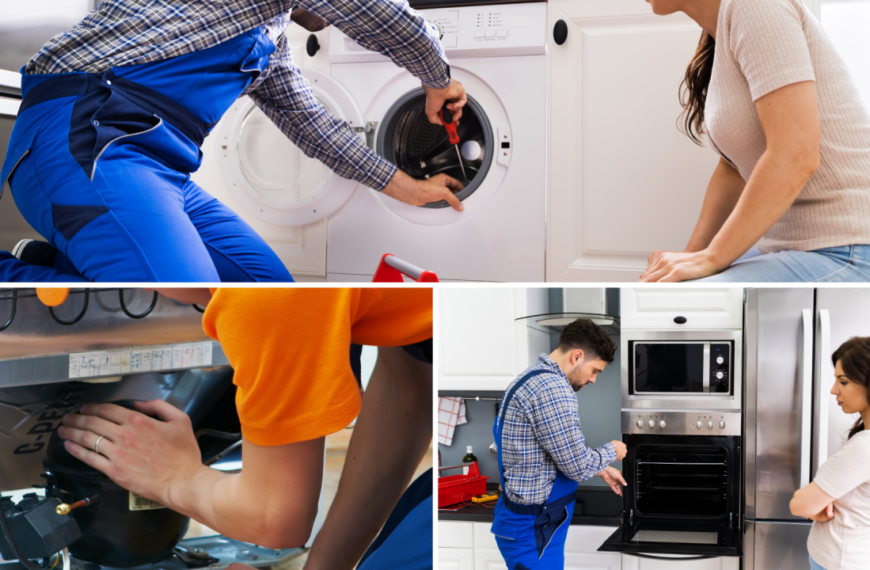| A: Use a makeshift funnel or random container to transfer fuel | B: Ignore minor leaks or damage to your fuel system | C: Check that your filler cap is securely fastened | D: Check that your fuel gauge is working |
Understanding Fuel Spillage
Importance of Avoiding Fuel Spillage
Fuel spillage is not just a minor inconvenience—it has substantial impacts that necessitate careful attention. Recognizing the importance of preventing fuel spillage can lead to better practices that protect the environment, ensure safety, and save money.
- Environmental Impact:
- Pollution: Fuel spills contaminate the soil and water, causing long-term ecological damage. This can affect plant life and wildlife, disrupting local ecosystems.
- Wildlife Risks: Animals exposed to spilled fuel can suffer from toxic effects, affecting their health and habitat.
- Cleanup Costs: Cleaning up fuel spills is both expensive and labor-intensive, often requiring specialized equipment and procedures.
- Safety Concerns:
- Fire Hazard: Fuel is highly flammable, and any spillage can significantly increase the risk of fires or explosions, posing a serious danger to both people and property.
- Slippery Surfaces: Spilled fuel can make surfaces dangerously slippery, leading to accidents and falls.
- Health Risks: Direct contact with fuel can cause skin irritations, respiratory problems, and other health issues.
- Financial Implications:
- Repair Costs: Spills can damage vehicle components, leading to costly repairs and maintenance.
- Legal Fines: Failure to manage spills properly can result in fines and legal penalties.
- Increased Maintenance: Ongoing issues from spills can lead to higher maintenance costs and reduce the lifespan of your vehicle.
Tips to Prevent Fuel Spillage
What Should You Do to Avoid Fuel Spillage?
A simple but effective measure to prevent fuel spillage is to ensure that your fuel filler cap is securely fastened. This step helps in maintaining a proper seal and prevents fuel from leaking out.
- Check That Your Filler Cap is Securely Fastened:
- Proper Closure: Always make sure the filler cap is tightly closed. A properly sealed cap prevents fuel from escaping and reduces the chance of spillage.
- Inspect Regularly: Check the filler cap for any signs of wear or damage, and replace it if necessary.
- Maintenance: Regularly ensure that the cap is in good condition to maintain a tight seal and prevent spills.
Proper Handling During Refueling
Adopting proper techniques while refueling can significantly reduce the risk of fuel spillage.
- Avoid Overfilling the Tank:
- Stop at the Click: Most fuel pumps are designed to automatically shut off when the tank is full. Stop refueling when the pump clicks off to avoid overflows.
- Monitor Fuel Level: Pay attention to the refueling process to prevent distractions that could lead to overfilling.
- Use the Correct Nozzle and Follow Refueling Instructions:
- Appropriate Nozzle: Ensure you are using the correct nozzle that matches your vehicle’s fuel type to prevent leaks and spills.
- Follow Manufacturer Instructions: Adhere to the instructions provided by the vehicle manufacturer and the fuel station to ensure safe refueling.
Regular Maintenance Checks
Regular maintenance is key to preventing fuel spillage and ensuring your vehicle’s fuel system is functioning correctly.
- Inspect for Leaks or Damaged Components:
- Visual Checks: Regularly inspect the fuel system for any visible leaks or damage. This includes checking hoses, connections, and the fuel tank.
- Professional Inspection: Schedule periodic inspections with a mechanic to address potential issues before they cause spills.
- Ensure the Fuel System is in Good Condition:
- System Functionality: Verify that all components of the fuel system are working properly. Ensure that there are no faults or weaknesses.
- Prompt Repairs: Address any issues immediately to prevent fuel leaks and spills.
You Also Like It:
Where May you Overtake on a one-way Street?
Why is a toucan Crossing Different from other Crossings?
What Does 25 Mean on a Motorway Sign?
Preventing Tank Spillage
What Should You Do to Avoid Tank Spillage?
Preventing tank spillage involves adhering to proper filling practices and maintaining the tank in good condition.
- Ensure the Tank is Filled to the Recommended Level:
- Avoid Overfilling: Fill the tank only to the recommended level. Overfilling can lead to spills and leaks.
- Monitor Capacity: Know your vehicle’s tank capacity and avoid exceeding it to prevent spillage.
- Check for Any Signs of Wear or Damage to the Tank:
- Visual Inspection: Regularly check the tank for signs of damage, such as cracks or leaks. Address any issues promptly.
- Repairs and Replacement: Repair or replace the tank as needed to ensure it remains in good condition.
Using Spill Prevention Equipment
Employing specialized equipment can help minimize the risk of spillage during refueling.
- Spill-Proof Funnels and Nozzles:
- Quality Equipment: Use spill-proof funnels and nozzles designed to minimize the risk of spills during fuel transfer.
- Proper Usage: Follow the manufacturer’s instructions for using spill-proof equipment to ensure effectiveness.
- Fuel Spill Containment Trays:
- Placement: Use containment trays to catch any spills that may occur during refueling or handling.
- Maintenance: Regularly check and clean containment trays to ensure they are functioning properly.
Avoiding Oil Spillage on a Car

What Should You Do to Avoid Oil Spillage on a Car?
Proper maintenance and procedures can help prevent oil spillage on your vehicle.
- Regularly Check and Maintain Oil Levels:
- Routine Checks: Frequently check oil levels to ensure they are within the recommended range.
- Top-Up Carefully: When adding oil, do so slowly to prevent overfilling and spillage.
- Use Proper Procedures When Changing Oil:
- Follow Instructions: Adhere to the manufacturer’s instructions for oil changes to prevent spills.
- Dispose of Waste Properly: Ensure that used oil is disposed of correctly to avoid spills and environmental harm.
Handling and Storage of Oil
Proper handling and storage of oil can prevent accidental spillage and contamination.
- Store Oil in Sealed Containers:
- Sealed Containers: Keep oil in properly sealed containers to prevent leaks and spills.
- Avoid Overstorage: Only store as much oil as needed to avoid excessive handling and potential spillage.
- Dispose of Used Oil Correctly:
- Recycling: Take used oil to a recycling center or designated disposal facility.
- Proper Handling: Follow local regulations for disposing of used oil to prevent environmental contamination.
Solutions for Fuel Spillage
What Is the Solution for Fuel Spillage?
Addressing fuel spillage promptly and effectively can mitigate its impact.
- Immediate Cleanup Procedures:
- Contain the Spill: Use absorbent materials to contain and clean up the spilled fuel.
- Proper Disposal: Dispose of contaminated materials according to local regulations.
- Preventative Measures to Avoid Future Spills:
- Review Practices: Assess and improve fueling and handling practices to prevent future spills.
- Regular Maintenance: Maintain equipment and vehicles to reduce the likelihood of spills.
Environmental and Safety Measures
Taking proactive steps to handle fuel spillage responsibly ensures safety and environmental protection.
- Proper Disposal of Spilled Fuel:
- Safe Disposal: Follow local guidelines for the disposal of spilled fuel to avoid environmental harm.
- Cleanup Equipment: Use appropriate cleanup equipment to manage spills effectively.
- Reporting Spills to the Relevant Authorities:
- Notification: Report significant spills to environmental authorities to ensure proper response and management.
- Compliance: Adhere to legal requirements for reporting and managing fuel spills.
Conclusion About What Should You do to Avoid Fuel Spillage?
Recap of Key Points
Preventing fuel spillage is crucial for maintaining safety, protecting the environment, and avoiding financial costs. Here’s a summary of key practices:
- Tips and Preventive Measures: Secure your filler cap, handle refueling properly, and perform regular maintenance.
- Importance of Good Practices: Implementing these practices can prevent spills and ensure safe, efficient operation.
By following these guidelines, you can effectively manage fuel spillage and contribute to a safer, cleaner environment.
FAQs About What Should You do to Avoid Fuel Spillage?
1. What should you do to avoid fuel spillage while refueling?
To avoid fuel spillage while refueling, ensure that your fuel filler cap is securely fastened before starting the refueling process. Additionally, avoid overfilling the tank by stopping when the pump’s automatic shut-off feature engages, and use the correct nozzle for your vehicle’s fuel type.
2. How can I prevent fuel spillage during a fuel transfer?
When transferring fuel, use spill-proof funnels and nozzles designed to minimize spills. Make sure to conduct the transfer slowly and carefully to avoid overflows. Also, place fuel spill containment trays underneath the transfer area to catch any accidental spills.
3. What maintenance steps should I take to avoid fuel spillage?
Regularly inspect your vehicle’s fuel system for any signs of leaks or damage. This includes checking fuel lines, connections, and the fuel tank itself. Ensure that any worn or damaged components are repaired or replaced promptly to prevent spillage.
4. How can I avoid fuel spillage if my vehicle has a damaged filler cap?
If your vehicle’s filler cap is damaged, replace it immediately with a new one. A damaged or poorly fitting filler cap can allow fuel to escape, leading to spills. Always check the condition of your filler cap regularly and ensure it is properly sealed.
5. What should I do if a fuel spill occurs?
If a fuel spill occurs, act quickly to contain and clean it up. Use absorbent materials like sand or commercial spill kits to soak up the spilled fuel. Dispose of contaminated materials according to local regulations. For large spills, contact local environmental authorities for assistance.
6. Are there specific tools or equipment I should use to prevent fuel spillage?
Yes, using tools such as spill-proof funnels, nozzles, and fuel spill containment trays can help prevent spillage. Ensure these tools are in good condition and are used according to manufacturer instructions.
7. How can I prevent fuel spillage when changing my vehicle’s fuel filter?
When changing your vehicle’s fuel filter, take precautions to prevent spillage by using a catch pan to collect any drips. Ensure that the new filter is properly installed and all connections are secure before starting the engine.
8. What are the best practices for storing fuel to avoid spillage?
Store fuel in sealed, properly labeled containers designed for fuel storage. Keep these containers in a cool, dry place away from direct sunlight and heat sources. Ensure that containers are not overfilled and are tightly closed to prevent leaks.
9. How can I avoid spillage if I have a fuel leak in my vehicle?
If you detect a fuel leak, address it immediately by taking your vehicle to a mechanic for repairs. Do not drive a vehicle with a known fuel leak, as this can lead to further spillage and safety hazards.
10. What are the environmental impacts of fuel spillage, and how can I mitigate them?
Fuel spillage can cause environmental damage by contaminating soil and water sources, harming wildlife, and affecting plant life. To mitigate these impacts, prevent spills through proper handling and maintenance, and clean up any spills quickly and according to local regulations.
You Also Like It:
Where Would It Be Unsafe to Overtake?
Releated Posts
MAB Instructor Certification: Your Gateway to Professional Crisis Management Leadership
In today’s fast-evolving professional environments—especially in healthcare, mental health, education, and corrections—conflict and aggression can arise without warning.…
Freewayget.com: Your Ultimate Platform for Deals, Discounts, and Digital Products
Introduction to Freewayget.com In today’s fast-paced digital world, finding reliable platforms that offer authentic discounts, deals, and digital…
Affordable & Fast Embroidery Digitizing Services in Your Area
Embroidery digitizing services provide corporations, designers, and people with brilliant embroidery-equipped designs by means of changing art work…
Introduction to hdhub4u nit
In this article, we will delve into the details of hdhub4u nit, exploring its features, benefits, and why…
